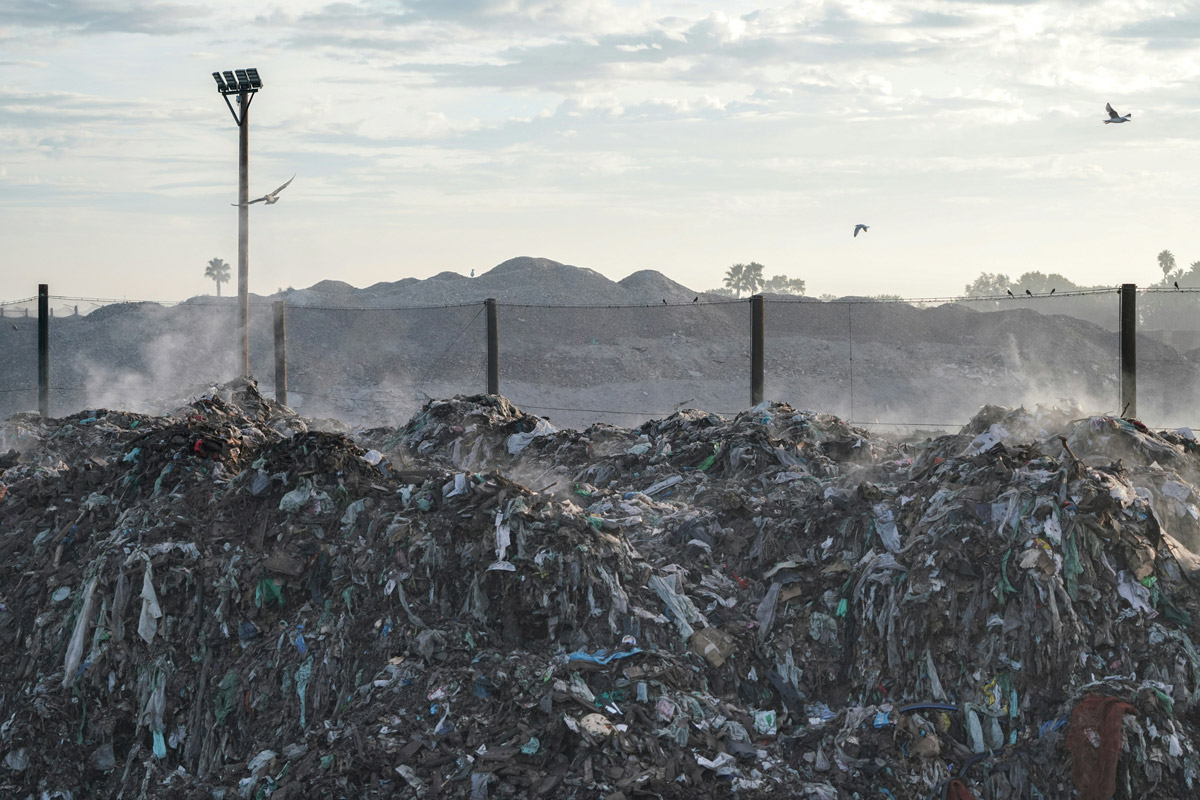Brussels, 25th March
For immediate distribution
Today, the Council of the European Union unanimously agreed to address the harmful practice of the EU’s waste trade, including plastic waste, by fully endorsing the revised Waste Shipment Regulation. The final text is expected to be published in the Official Journal in April, and the Regulation will then enter into force 20 days after publication.
The Rethink Plastic alliance and Break Free From Plastic welcome the Parliament and Council’s decision to endorse the revised text negotiated at Trilogue, which includes increased obligations and standards with regards to the shipment of EU plastic waste.
This includes:
- A phased-in 2.5 year ban of all plastic waste exports to non-OECD countries, to complement existing bans on the export of hazardous and Y48 plastic waste
- Increased obligations and standards both with regards to exporting waste to non-OECD and OECD countries
- That intra-EU shipments of waste destined for disposal will only occur under exceptional circumstances
- The digitisation of the exchange of information and data on waste shipments
Whilst the Rethink Plastic alliance and Break Free From Plastic movement have always evidenced the need for and advocated for a full ban of EU plastic waste outside the EU and EFTA, amongst other recommendations, the agreed trilogue text does set in motion increased protections and obligations for environmentally-sound management. It is now for the Commission and Member States to take all steps necessary to ensure effective transposition, implementation and enforcement.
Regrettably, last year’s trilogue negotiations between the EU institutions did not result in a decision to stop exporting its plastic waste to all non-EU/ EFTA countries. For example, Türkiye (an OECD country) receives a significant amount of EU plastic waste - despite clear evidence of this resulting in environmental and human health harm. We strongly encourage that the necessary resources are set aside to ensure obligations are being met by all, and if not met, that the EU suspends exports to relevant recipient OECD countries also.
The EU’s revised Waste Shipment Regulation now forms some of the most ambitious waste exporting rules in the world. The EU must work to amplify this success, by reducing its plastic consumption and ensuring strict adherence to the waste hierarchy in managing its plastic waste.
“The EU has acknowledged the impact that its waste is having on the rest of the world, and through this agreement, has shown that it is taking steps to increase accountability and responsibility as a consequence. Whilst we have evidenced the need for a full EU plastic waste export ban, along with many others, including Parliament and certain Member States, we remain hopeful that the effective enforcement of this newly revised Regulation in turn puts an end to the environmental and human health harm that has been occurring for decades. We also hope this results in other high-income high-plastic waste exporting countries to step up.” - Lauren Weir, Senior Campaigner at the Environmental Investigation Agency
“While this agreement is better than the last Regulation, the possible continuation of exporting plastic waste to OECD member countries seriously risks undermining its effectiveness. Membership to the OECD does not guarantee a country is a safe destination for plastic waste. Moreover, growing evidence shows that this waste is causing serious air, water and soil pollution in OECD member countries, particularly Turkey, and that those importing this waste are exploiting illegal migrant labour, creating a significant human rights issue. Therefore, we fully expect the EU to take all this into account and look into suspending plastic waste shipments to OECD countries where it is clear they cause harm - reflecting the very same reasons behind the non-OECD ban soon to be in place. Otherwise, the EU will continue to be responsible for causing harm.” - Dr. Sedat Gündoğdu, a microplastics researcher at Çukurova University in Türkiye
"For years, Europe has been exporting their waste problems, putting communities and the environment in recipient countries at risk. We welcome the impending ban of all plastic waste exports to non-OECD countries but this should be expanded to all countries. To be effective, the Waste Shipment Regulation must be accompanied by robust, adequately resourced monitoring and enforcement measures in both exporting and importing countries. Loopholes must be plugged, including the export of hidden plastics in other waste streams. While improving domestic recycling infrastructure is a necessary step forward in Europe, it is clear that recycling and disposal is not the answer. We need to get to the root of the problem, that is, the proliferation and production of plastics." - Mageswari Sangaralingam, Honorary Secretary of Sahabat Alam Malaysia




